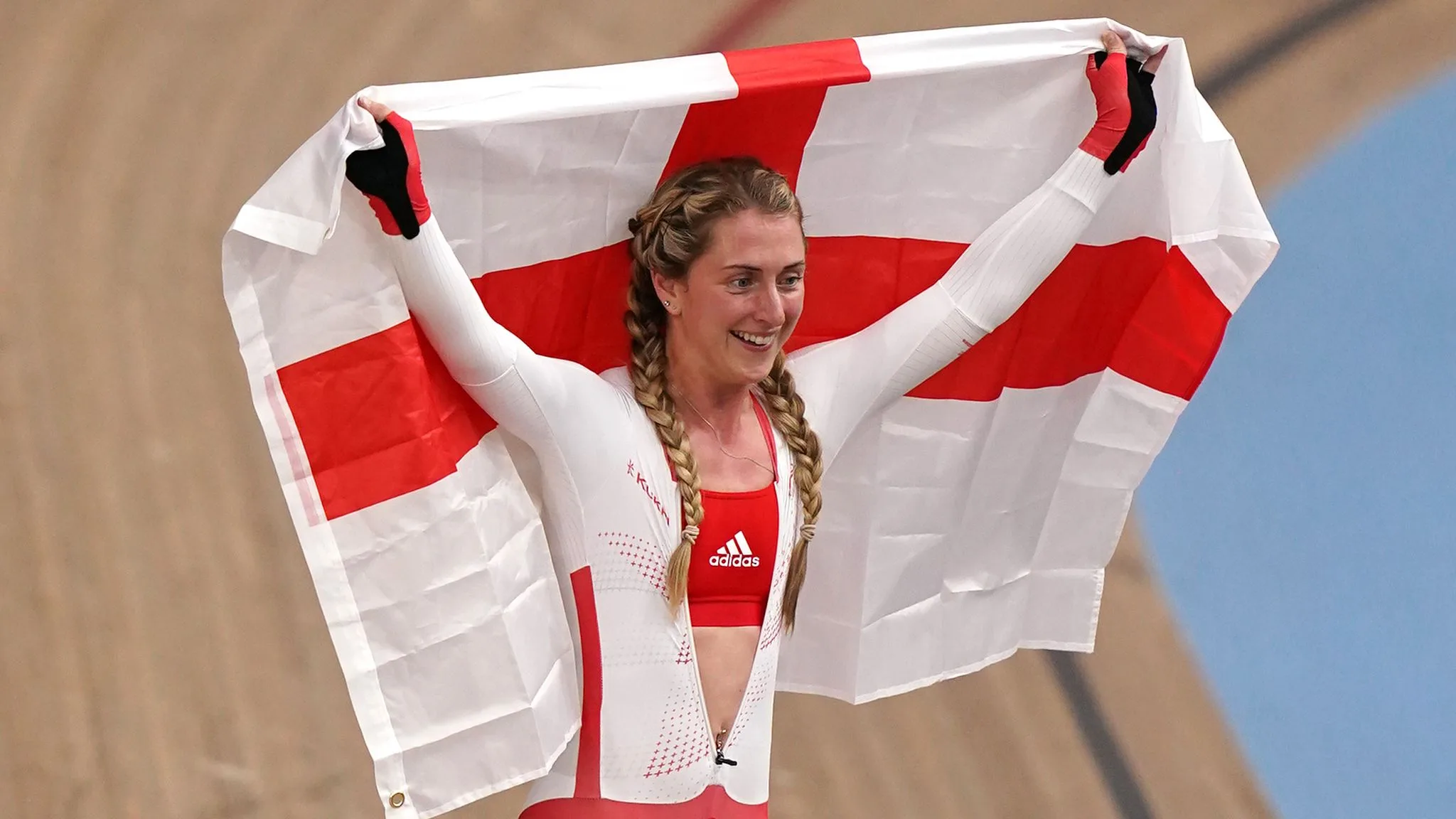Dame Laura Kenny, a five-time Olympic gold medalist and Britain’s most successful female athlete, has always given her all to cycling. Her decade-long career in elite sports demanded absolute physical and mental commitment, but it left her questioning whether the toll of high-intensity training had affected her fertility.
Laura, now 32, experienced two significant losses after the birth of her first child, Albie, in 2017: a miscarriage in November 2021 and an ectopic pregnancy requiring emergency surgery just five months later. These experiences made her wonder if the extreme demands of professional cycling had played a role.
Dr. Emma O’Donnell, an exercise physiologist, explains that professional athletes often experience issues like disrupted menstrual cycles due to low body fat and high energy expenditure. Nearly two-thirds of female athletes experience absent or irregular periods compared to only 2-5% of the general population. This phenomenon, known as Relative Energy Deficiency in Sport (RED-S), can prevent ovulation, making conception impossible.
However, Dr. O’Donnell emphasizes that such effects are often reversible when athletes retire or adjust their training. Other factors, like psychological stress and low estrogen levels due to minimal body fat, may also contribute to fertility issues.
For Dame Laura, these challenges sparked a broader conversation about the relationship between elite sports and fertility. Research on female athletes remains limited, leaving many questions unanswered. Studies suggest that intense physical activity might increase the risk of miscarriage, especially during early pregnancy, though more research is needed to confirm these findings.
Meanwhile, some athletes, like former netball player Lauren Nicholls, have turned to egg freezing to preserve their fertility while pursuing their careers. This reflects the difficult balancing act female athletes face, as their peak fertility years often coincide with their athletic prime.
Ultimately, Laura Kenny hopes that by sharing her story, she can encourage more open discussions about fertility challenges in sports. While exercise generally benefits fertility for most people, maintaining a healthy balance between energy intake and expenditure is crucial, even for amateur athletes.



